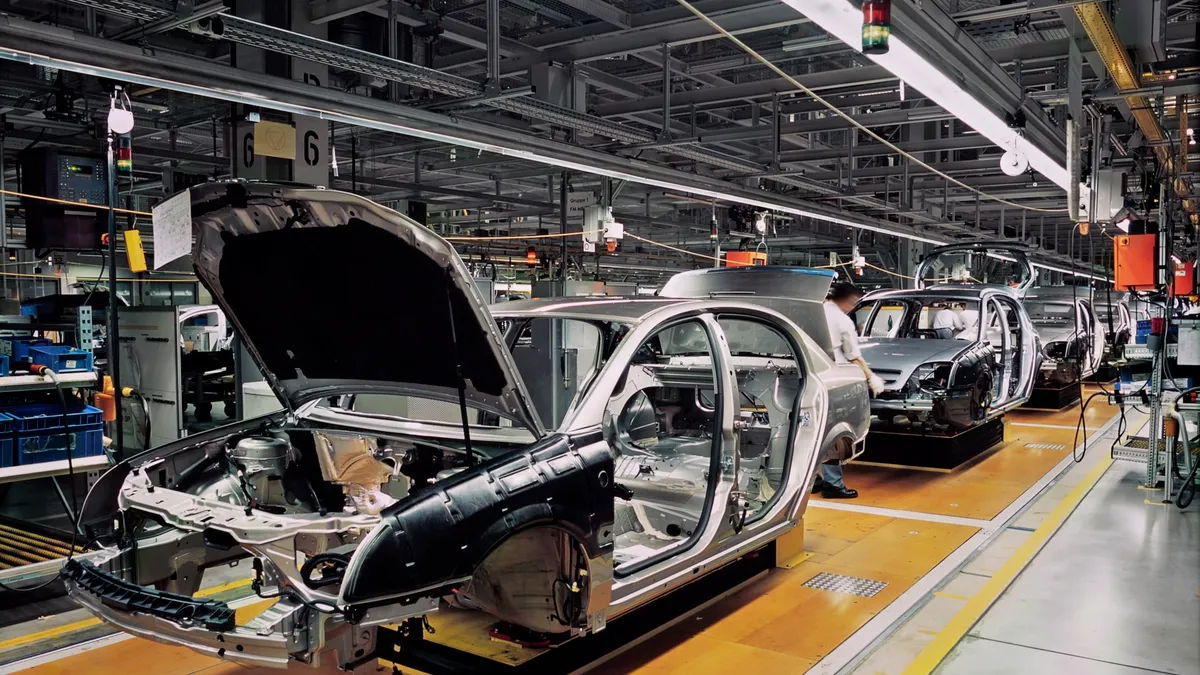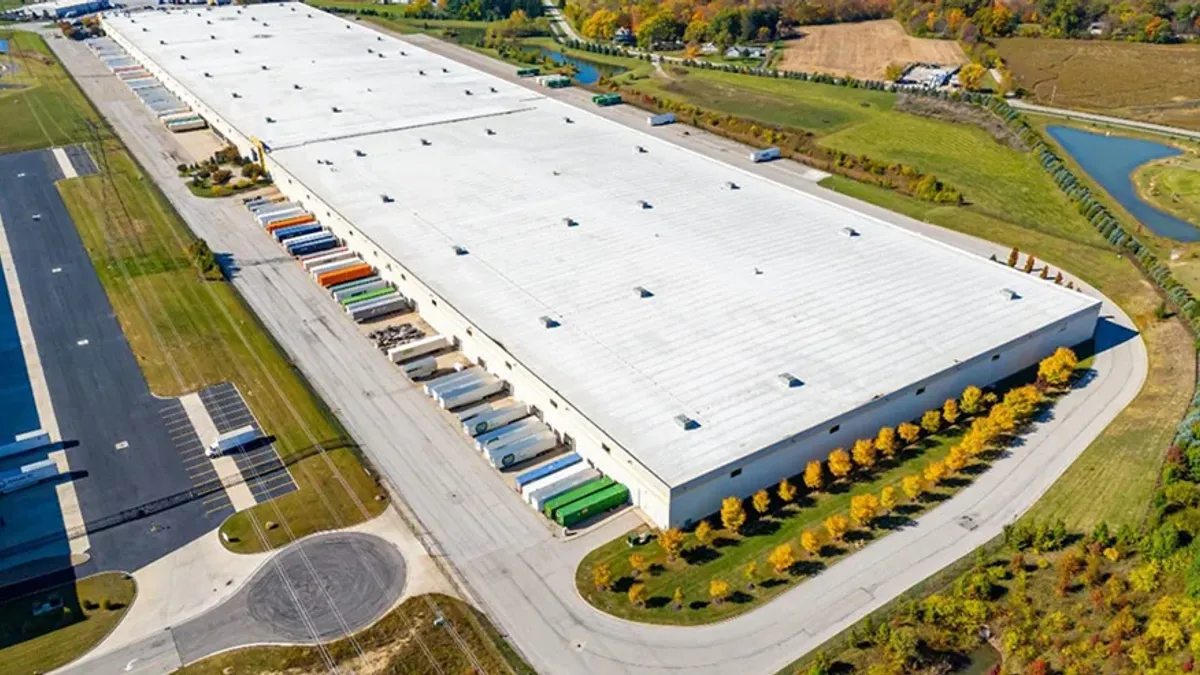This article was first published in Prospect's "The future of the automotive industry." View the magazine edition here.
Planning for risk events is a major part of any business strategy, whether the origin of that danger is financial, cyber, political or a natural disaster.
Supply chain managers are particularly good at risk management strategy, due to the nature of moving goods. As an executive in the logistics industry once said, not all risk managers understand supply chains, but every supply chain manager understands risk.
Here in the U.S., trade tariffs are at the top of the agenda. But they are not the only geopolitical risk causing anxiety among supply chain managers. If Brexit negotiators don’t reach a deal by the end of March 2019, automotive supply chains throughout Europe will see significant disruption.
The auto supply chain is especially at risk because of the complexity of the final product. Think about a car and all of its parts — the engine, tires and car body. But the small parts are just as critical, such as the alternator and timing belt, not to mention added gadgets and gizmos, from bluetooth-enabled audio to heated seats.
A no-deal Brexit would hit automakers' top and bottom lines and could cost them 2.8 million sales over the next two years. PA Consulting estimates that a "Hard Brexit" would increase the costs of a car by £2,000 ($2,515). The Society of Motor Manufacturers and Traders (SMMT) has launched Brexit aid packages and readiness programs to help British auto businesses to plan for the risk event.
If Brexit negotiators don’t reach a deal by the end of March 2019, automotive supply chains throughout Europe will see significant disruption.

Supply Chain Dive
By some estimates, the average car has 30,000 parts — and many of these components come from a variety of suppliers. The same supplier that builds a gear box doesn't also make seat belts.
With barriers to free trade in place, auto manufacturers will be forced to rethink the sourcing, production, shipping and warehousing aspects of their supply chains.
If a U.K. automaker imports a part from a supplier in Germany, for example, a hard Brexit could result in the automaker having to pay an import tax on that product. This would raise costs for the company, which would either erode operating margin or get passed through to the consumer.
Customs clearances may also delay component delivery. Seaports in western Europe are expected to see bottlenecks and delays as they rework their operations with new customs and trade regulations in place.
Aston Martin is concerned what kind of impact the bottlenecks would have on its supply chain — so much so that the company’s chief executive said he would consider transporting more components by air than by sea. Shipping components by air is significantly more expensive, but it’s a risk Aston Martin is willing to take to ensure it can continue to meet demand.
Some companies are beginning to stockpile parts. But stockpiling costs businesses in warehousing and storage — and supplies won’t last forever.
Other companies have decided temporarily to halt production around the Brexit deadline, waiting for the wrinkles to be ironed out before resuming operations. BMW’s factory in Oxford will close for at least one month, starting on April 1, 2019 to minimize disruptions.
Shipping components by air is significantly more expensive, but it’s a risk Aston Martin is willing to take to ensure it can continue to meet demand.

Supply Chain Dive
In 2016, the U.K. auto industry exported £14 billion ($17.6 billion) worth of products to the EU. Export supply chains face similar issues as import supply chains.
Auto suppliers stand to lose in a no-deal situation if they supply to car manufacturers with production facilities in mainland Europe. The U.K. auto industry exports £3.4 ($4.3) billion worth of parts to Europe each year, according to the SMMT. Some European companies are looking at contingency plans to source more parts from mainland suppliers, avoiding possible hiccups at the border.
Cars fully assembled in the U.K. but then exported and distributed to other countries could face tariffs and these could result in automakers moving their production facilities to avoid paying duties.
A full 80% of the U.K.’s car production is exported, and of that, more than half is sent to the EU. If automakers continue to export from the U.K., they may incur significant costs from tariffs, which they will likely absorb in the price of the finished car, and that could make the vehicle less appealing to consumers who are unwilling to pay a higher price point, resulting in reduced sales.
As the clock is ticking down to the Brexit deadline, businesses and consumers alike are eagerly watching negotiations, awaiting the outcome. Automakers are hedging their bets and planning for what they consider a worst-case scenario — because they’re not willing to be blindsided by this giant risk.






















